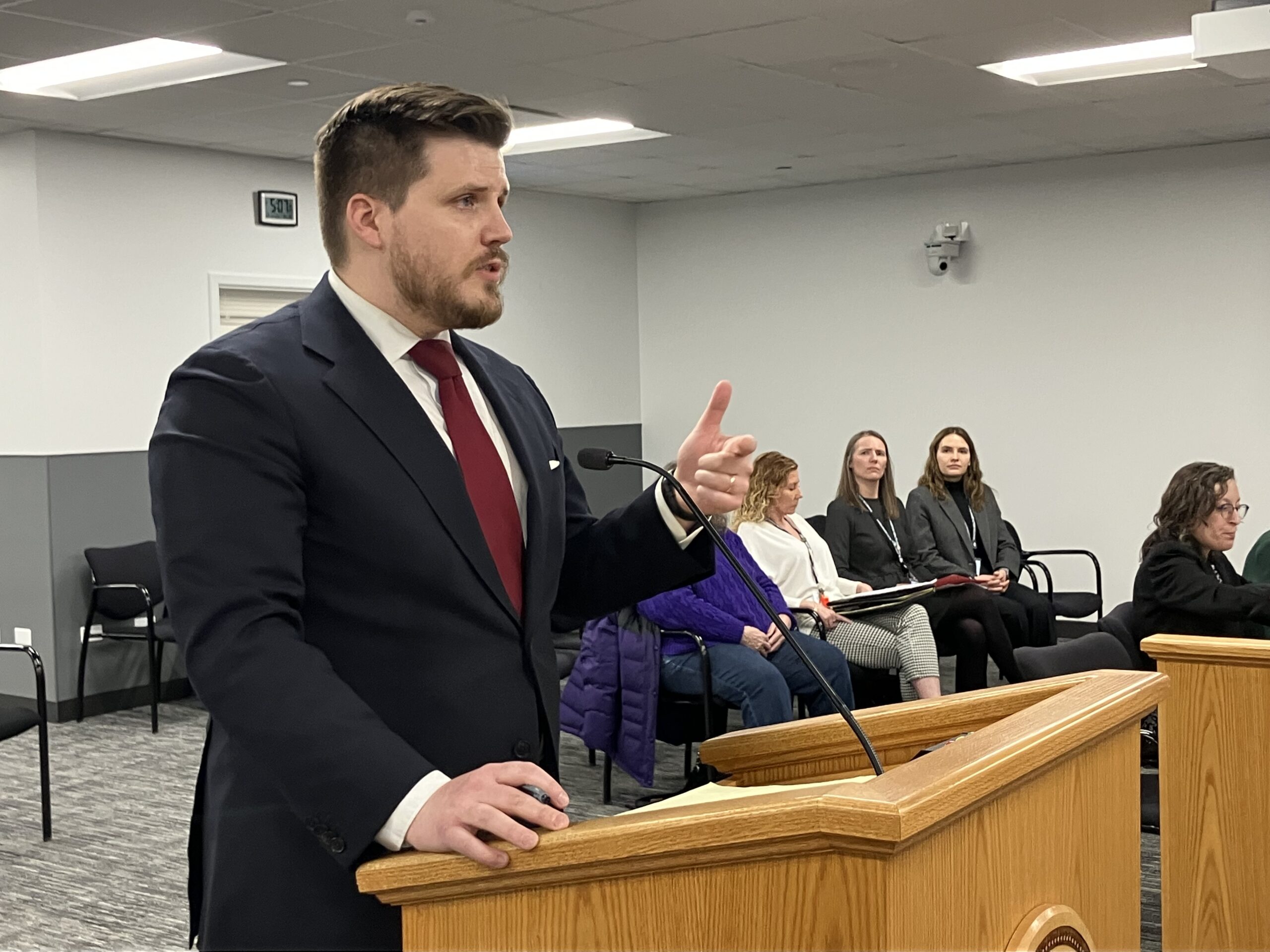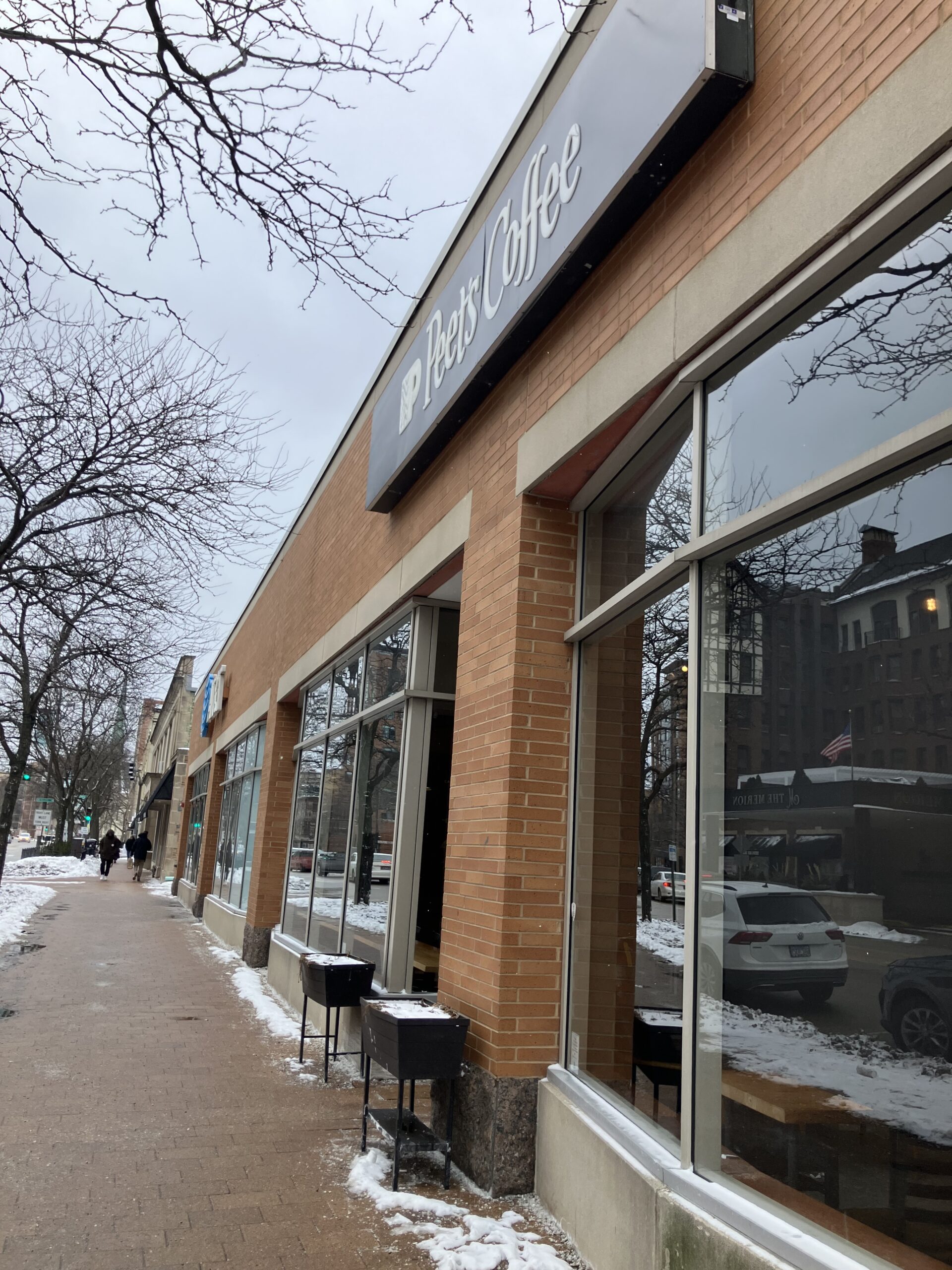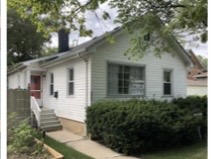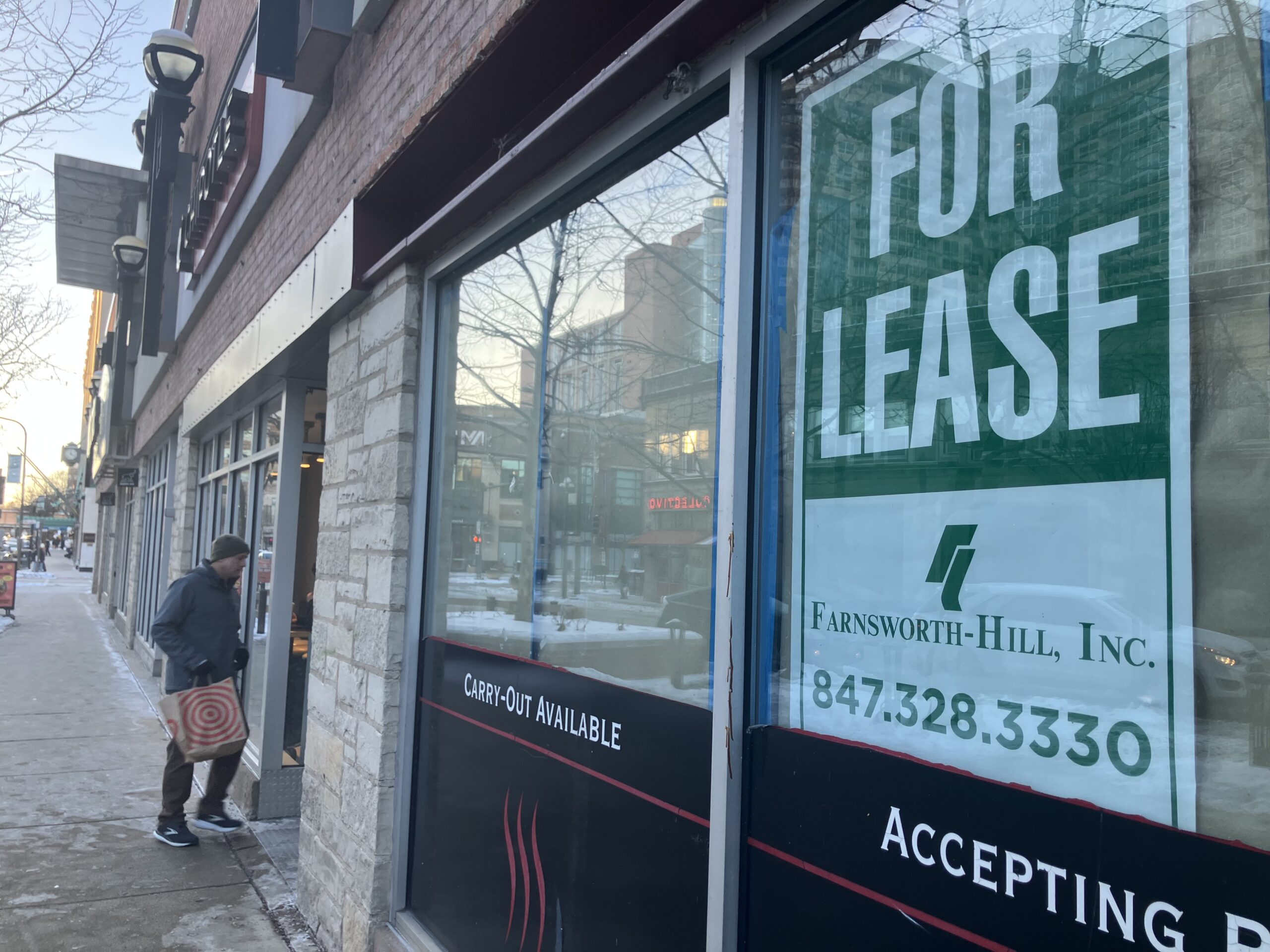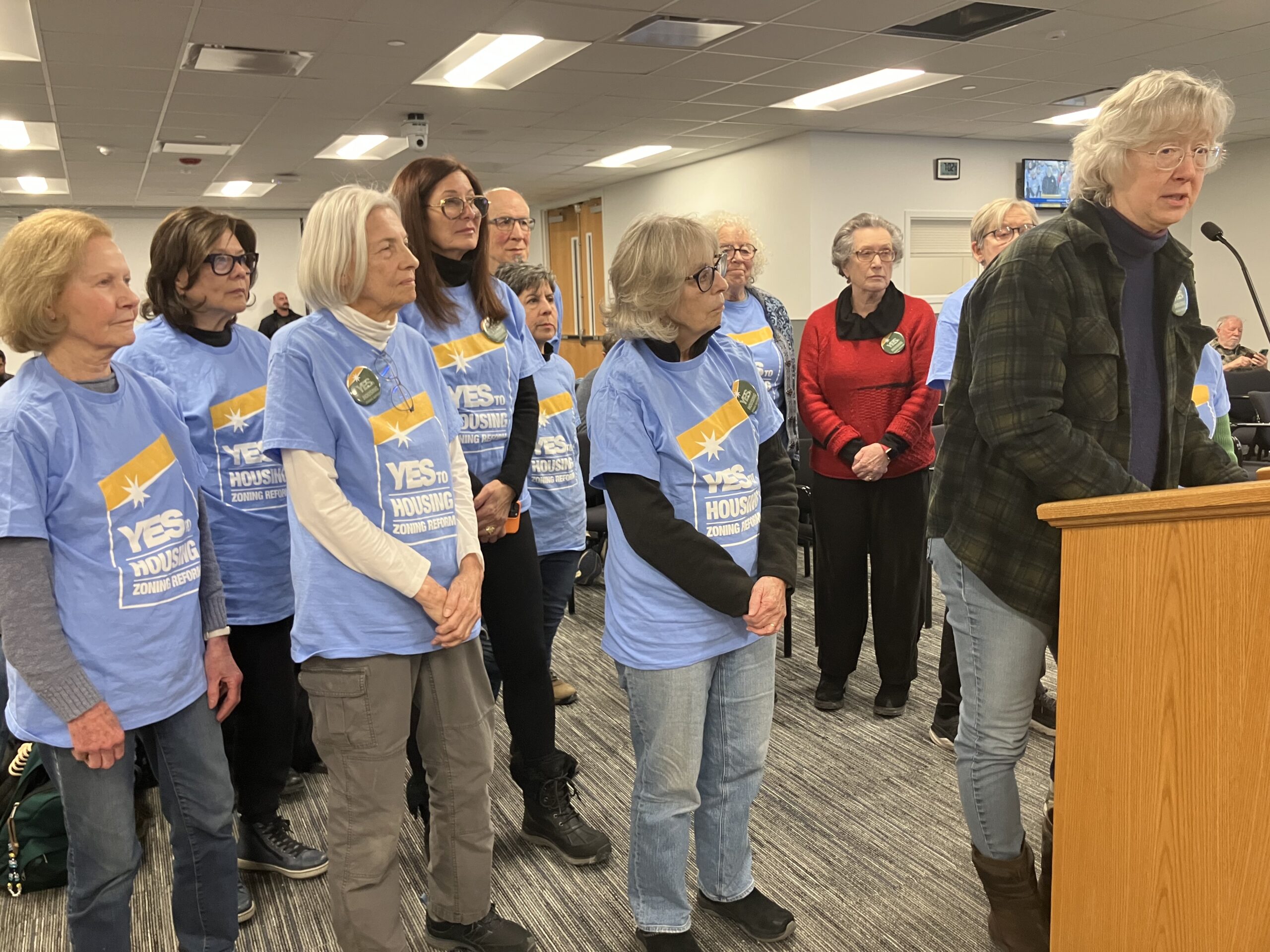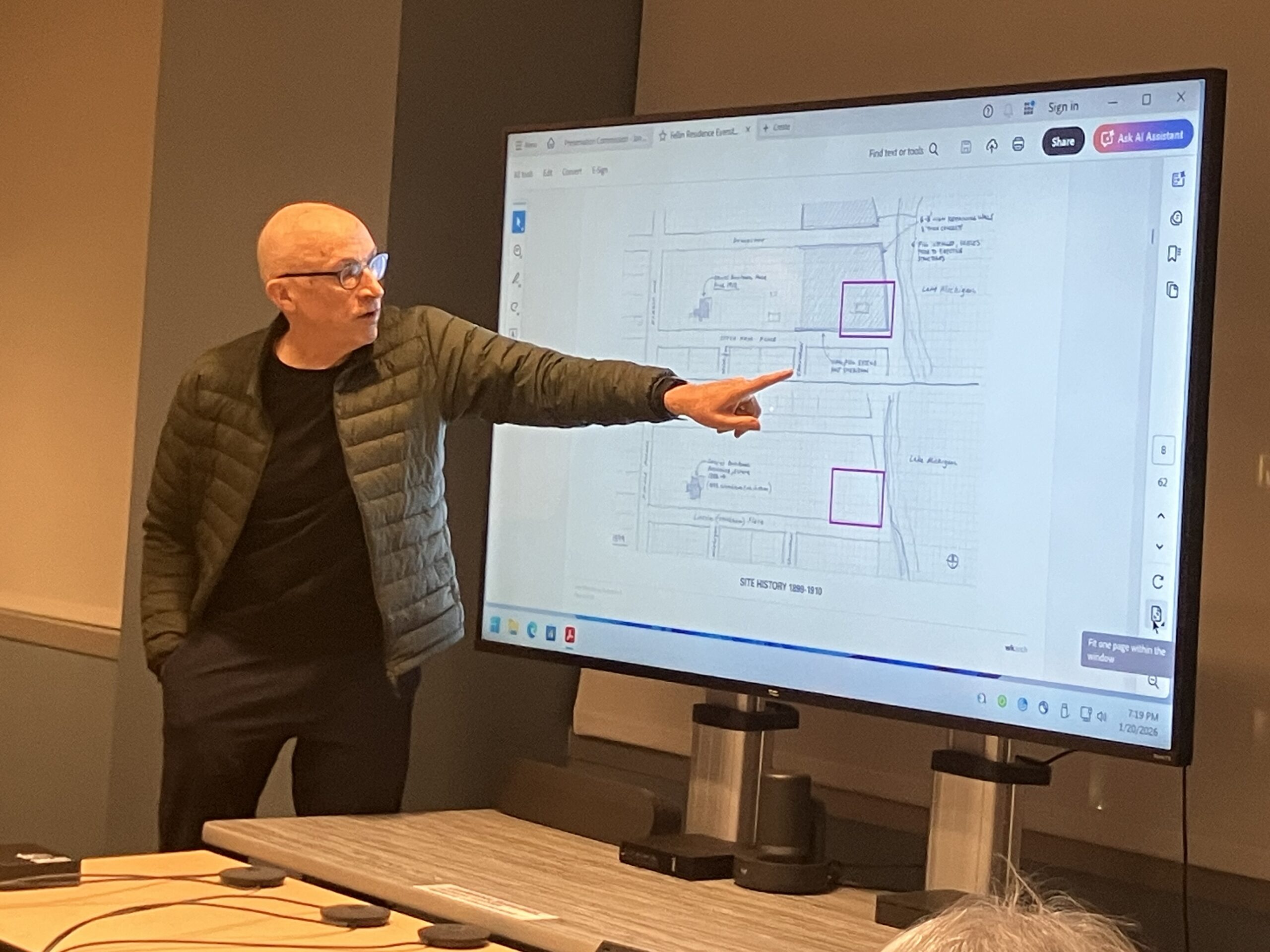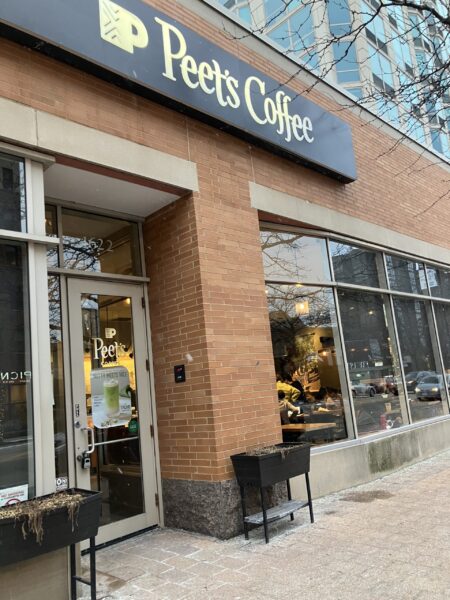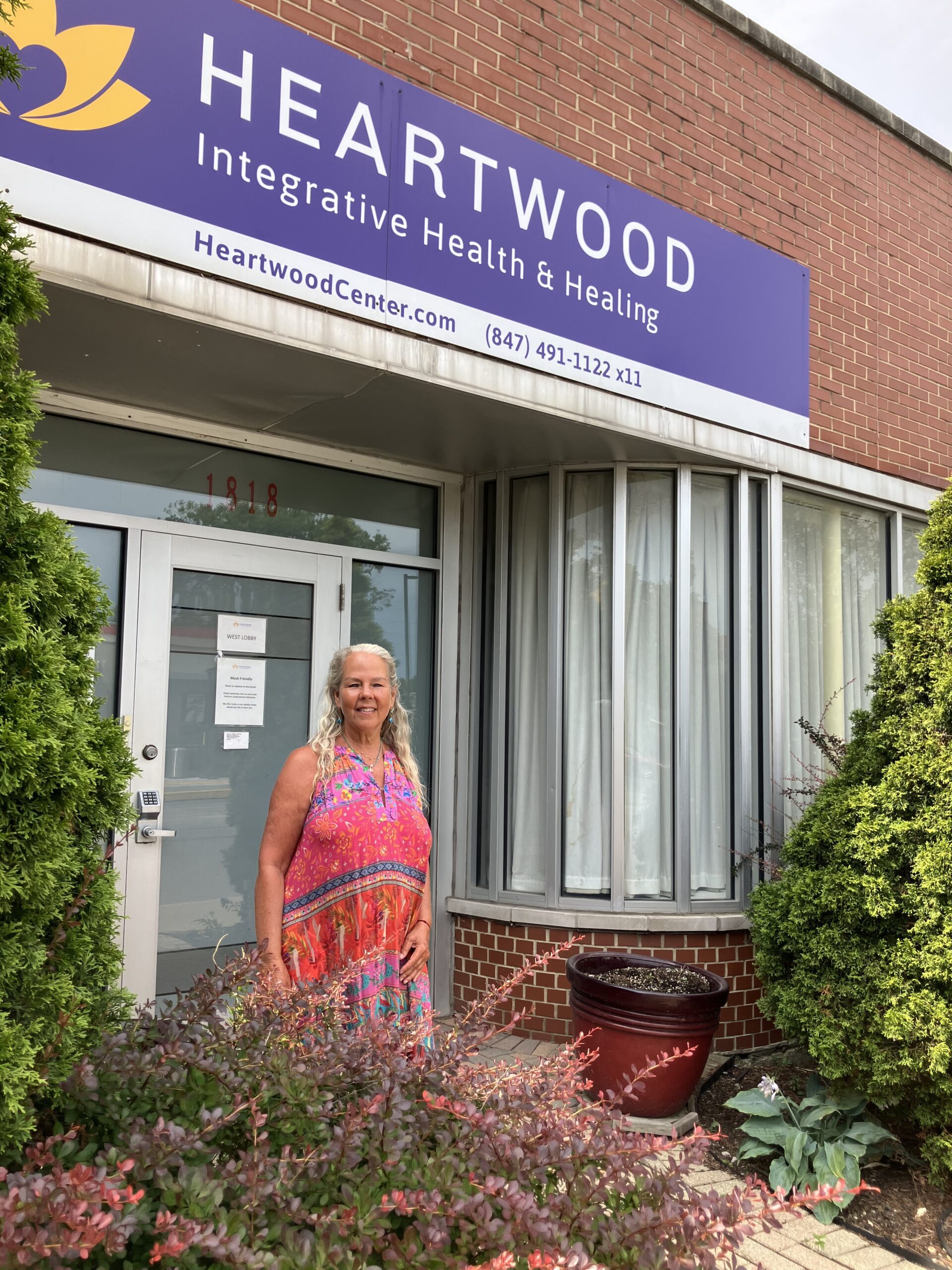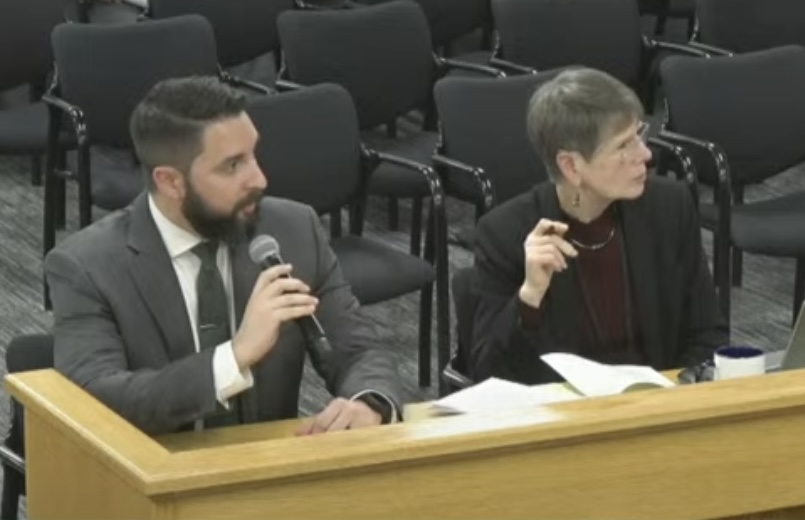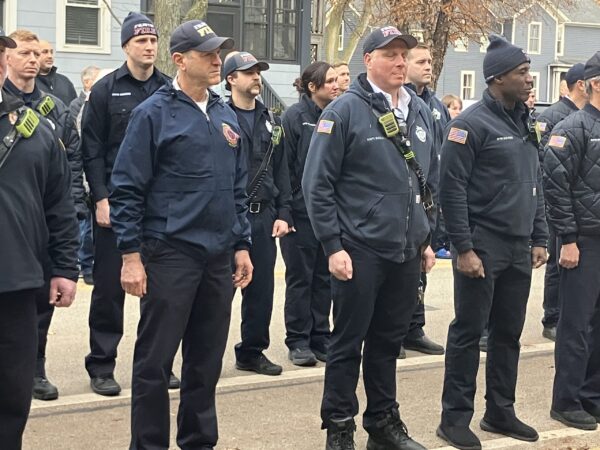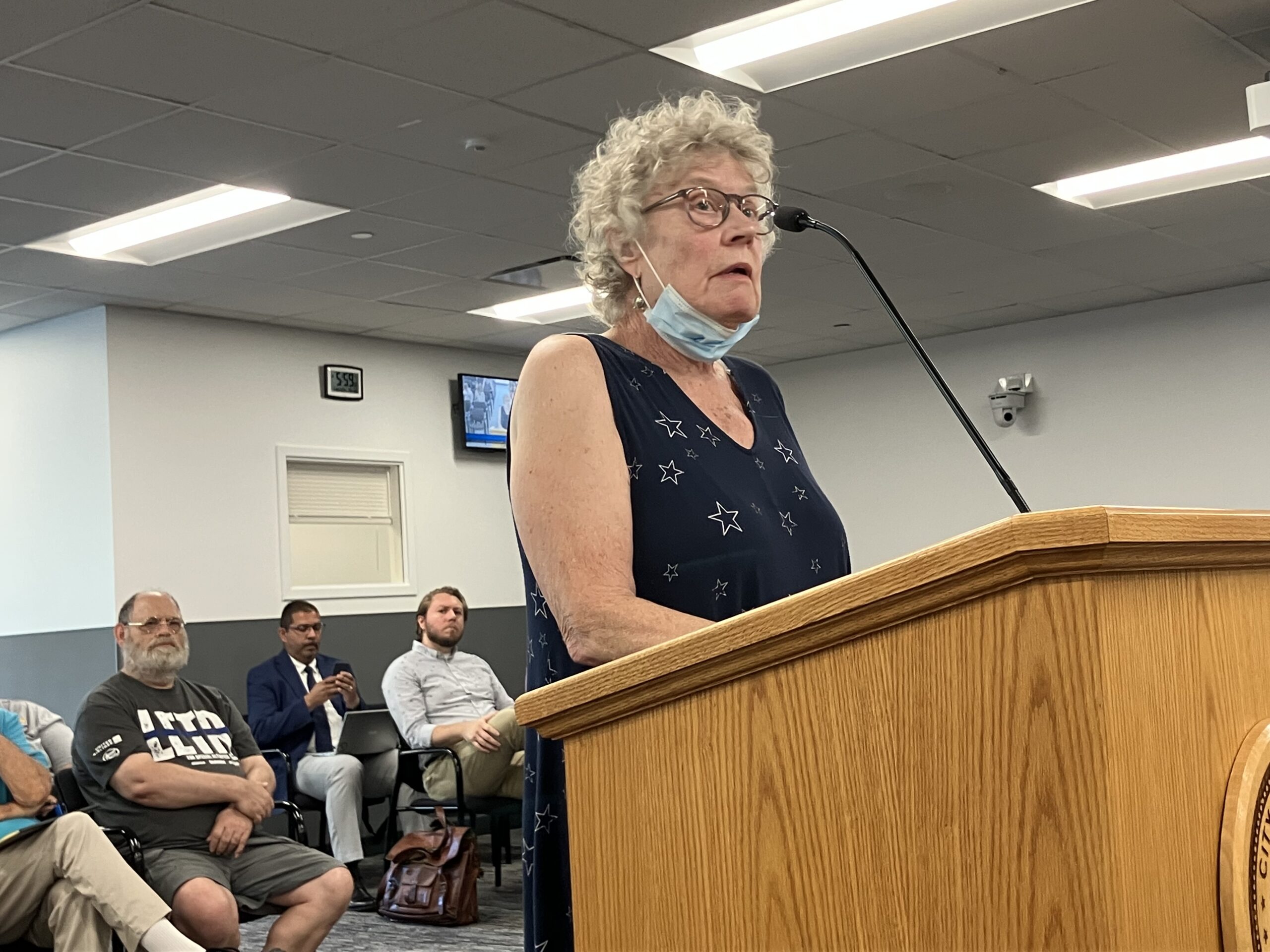By Bob Seidenberg
A city committee has moved to close the door on the city accepting any more applications for vacation rental licenses, with affordable housing a chief concern.
At the Council’s Planning and Development Committee meeting Monday, committee members directed staff not to process any more requests for licenses after a 60-day notice period ends in August.
The committee then intends to consider a new moratorium on the issue at its Aug. 25 meeting.
Committee members took the action as some worried about how granting year-long vacation rental licenses to property owners, some who live elsewhere, would affect the city’s goal of providing more affordable housing.
Since lifting a previous moratorium last year, officials have identified some 200 properties qualifying as vacation rentals and have received 63 applications, 17 of which are non-owner occupied, officials confirmed at the meeting.
During discussion, Councilmember Shawn Iles (3rd Ward), one of the newly elected councilmembers on the panel, asked staff members if they could stop bringing the applications before the committee.
“We’re having this discussion as part of Envision Evanston 2045 [where affordable housing is a major issue] and I really don’t like putting these things [applications] through,” he said. “I think they’re very good for the investor, but not great for our community. It takes naturally occurring affordable housing off the street.”
A previous moratorium
A nearly yearlong moratorium on vacation rental licensing was lifted by the previous council after the city acquired software that allowed officials to identify the rentals that are now in operation in the city.Staff identified about 200 properties that fit the category. Notices were sent out inviting owners to apply for licenses within 60 days to avoid paying an extra fee, said Andrew San Roman, the city’s building and developmental services manager.
The fee would then step up in cost for license applications filed after 90 days and again at 120 days, San Roman told committee members.
“So there is nothing stating that after 60 days a moratorium goes back in place,” he told the committee. “It was simply they had 60 days without paying any extra fees for it.”
Changing the rules of the game
Councilmember Matt Rodgers (8th Ward) expressed concern at Iles’ suggestion that staff members stop bringing applications to the committee.
“I think that’s a little odd for us to do that, after we’ve just sent out a letter to everybody telling them to come into compliance, and then we’re going to say, ‘Oh, wait, but you can’t do it now. We’re going to make you wait,’” he said.
“You know, this goes back to one of the things I have mentioned multiple times up here,” continued Rodgers, who before his election to the council was chair of the city’s Land Use Commission, “is we like to kind of change the rules halfway through. To me, that seems a little disingenuous.”
Iles acknowledged that concern and said he wasn’t talking about “denying anybody that’s come here tonight and has something that’s in the docket.”
He asked, “What’s a reasonable time to give people? Like, ‘You’ve got two weeks and we’re going to put a stop to it.’”
Councilmember Juan Geracaris (9th Ward), chairing the meeting, said he agreed with Rodgers “that we can’t move the goalposts at this point.”
He maintained, though, that with the notification process well past the 60-day period, “It would be completely fair to close the door and not accept any applications from non-owner occupied units.”
He then revised that suggestion to propose that after the 60-day notice, if properties have not complied with the application, applications are closed.
Clarifying the proposal further, Corporation Counsel Alexandra Ruggie suggested there would be “a moratorium on processing” applications. Staff, meanwhile, is working with the Housing and Community Development Committee to draft a new vacation rental ordinance.
After reaching apparent consensus, committee members took action on the vacation rental applications on the agenda.
• The committee approved the property owners’ request for a vacation rental license in the central Fourth Ward at 806 Main St. The owners live elsewhere in Evanston.
Staff found the request fit the standards of the current ordinance, including not having a negative cumulative effect on the surrounding neighborhood.
• A request for a vacation rental license in the southern Ninth Ward at 2124 Seward St. was voted down, 4-2. Before the vote Geracaris, in whose ward the property is located, noted that the property “is a neighborhood that is still relatively affordable. And the type of neighborhood, I think we should be trying to protect.” He said a couple of neighbors had also emailed him with concerns.
Besides cumulative negative effects, neighbor concerns are also one of the criteria for rejecting a request under the current ordinance.
• Committee members removed a motion from the agenda to consider a vacation rental licensing request for 2015 Emerson St. after Paul King, one of the owners of the property, told the committee he lives in the building.
“My understanding was we only receive the non-owner-occupied requests” for licenses, said Councilmember Bobby Burns, in whose Fifth Ward the property is located. (Owner-occupied requests can be approved administratively.)
Geracaris then withdrew the item from the agenda.
• Committee members recommended against granting a license to the owners of a property at 2222 Grey Ave., which had spurred strong opposition from some neighbors at a previous meeting.
Owner Jeremey Giltner, a Northbrook resident, had proposed making the single-family residence into an all-year residence.
Homes removed from affordable housing stock: speaker
In public comment earlier in the meeting, Carol Nielsen, a longtime Evanston resident, was among the group of neighbors urging the committee to reject the Grey Avenue request.
She spoke of the efforts she and her husband, a librarian at Northwestern University at the time, made finding an affordable home in the neighborhood.
“The house was $69,000, mortgage rates were 12%, and we had to accept a second mortgage, but we did it,” she told committee members.
“So now here we are listening to all these requests for approval of vacation homes. These are modest homes, and it removes them from the affordable housing stock that you all keep talking about. Librarians and teachers who want to be able to live here cannot because they can’t afford any of the larger houses that are now here in Evanston.”

